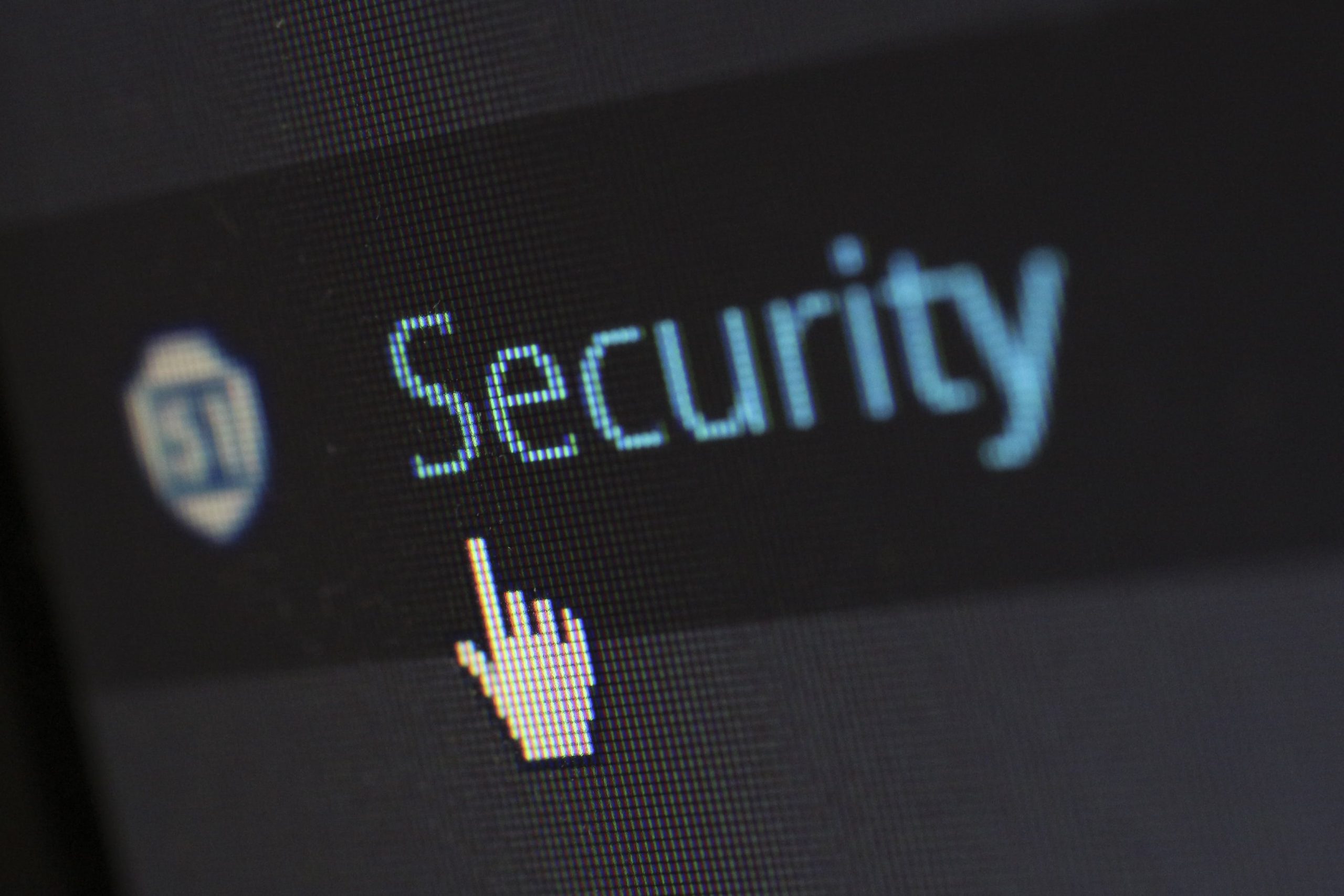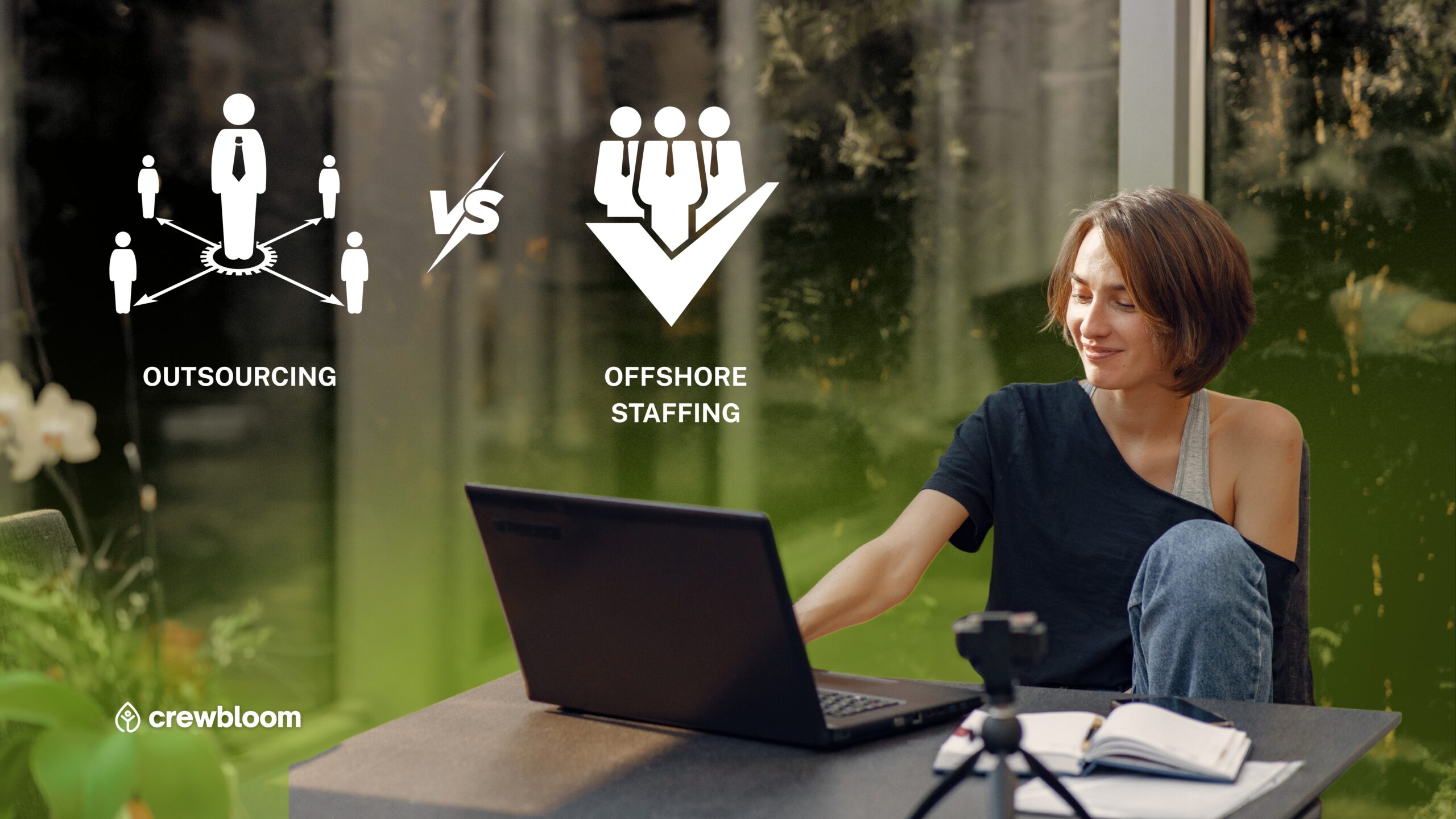Now that almost everyone is working from their homes or in a hybrid setup, security measures must be implemented to maintain a smooth-flowing remote work arrangement. That is when cybersecurity comes into play.
Technology plays a massive role in our everyday lives, from checking emails to viewing entertainment, shopping, booking transportation, and getting medicinal prescriptions. These acts, no matter how simple they may seem, are backed by cybersecurity. Our networks, devices, confidential information, and the data we use are secured against criminal access or theft.
Understanding Cybersecurity
For people in a remote work setup or managing small businesses, technology is essential in everyday functioning. Having poor cybersecurity may largely affect your work or business and may put your hard work at risk of any danger. Without proper security, cyber thieves could access your financial account, alter your files or system, and even steal your identity.
A security breach is a serious matter, and the cost of repair and losses is expensive, not to mention stressful. You must protect yourself from phishing attempts and stay vigilant of common threats. While there are no guarantees that a cybersecurity breach won’t happen to you, there are specific measures you can take to reduce the risk of being victimized.
Common Security Threats
Before we list how you can protect yourself against security threats, learning and gathering information about how these threats manifest online is crucial.
These are the three most common security threats found in everyday digital use, from emails to ads.
- Computer Virus
A computer virus is the most common cybersecurity threat that affects many internet users daily. This virus is a piece of software that damages one computer to another. These can be contracted through opening strange emails with suspicious attachments that contain the virus. They can manifest as spam and steal or even delete data from your hard drive,
- Adware and Spyware
Adware is a cybersecurity threat that tracks and collects data from your computer without your consent. Everything you do and store on your gadget, including your search history, browsing habits, and purchase transactions can be monitored by cyber thieves. They can then use this information to flood you with pop-ads. This security threat often hides behind user agreement documents and is hardly noticed until it messes with your internet connection.
On the other hand, Spyware is a more dangerous threat. It works like adware, if not worse: tracking and recording all data such as email addresses, passwords, and credit card numbers. Its most significant danger is identity theft since it can collect large amounts of data about yourself.
- Phishing Attacks
This cybersecurity threat hides behind legitimate communications. It may manifest in the form of emails and instant messages. Cyber thieves generally will trick you into opening the attachment, automatically installing the malware into your computer, breaching cybersecurity. Phishing attacks also aim to gather your information, including usernames, passwords, and credit card details.
4 Security Measures to Protect Yourself
Cyber threats are a real problem in today’s technology, and there are no guaranteed ways to protect yourself from them. However, there are several security measures you can take:
- Set Up VPN Access
Virtual Private Network (VPN) is one of the most reliable and secure measures to protect your work and employees from cyber attacks. VPN gives remote workers access to the company resources by linking their computers via a secure network. It encrypts company data so outsiders cannot intercept and steal them.
- Manage Password Changes
When you establish password management for you and your remote employees, it is harder for hackers to access your files. One way to do this is by using a different password for each account. Follow password requirements like using a combination of numbers, letters, and special characters. Avoid using easy-to-guess passwords like your birthday or anniversary with your spouse.
You may also use a password manager for efficiency. In addition, avoid using common passwords or common dictionary words. Change your passwords every few months and avoid writing them down on notes that others have access to. Encourage your entire team to follow this password management system for better protection.
- Don’t Use Public Wi-Fi
Using public wi-fi is risky since you are connected to a network that many people have access to, including potential cyber thieves. The free wi-fi services you get in airports, coffee shops, hotels, and restaurants come with privacy and security risks that you must be vigilant about. Not all of your online activities are encrypted, even if you used a password to connect to public wi-fi.
In addition, some cyber threats could present as fake wi-fi that is designed to hack into your account and steal your information. Do not register for free wi-fi hotspots where predators could be luring you into. In the case of remote work, stress the importance of secure wi-fi to your employees. You cannot stop them from working in another place, like a coffee shop, but they must be well aware of the risks.
- Regularly Update Security Software
Regularly updating your security software reduces the risk of being victimized by cyber threats. When your computer displays a notification that an update is available, it is more likely that new malware has been detected on your computer. You need to protect your device against it. Encourage your team to regularly check for updates and ensure that their software is up-to-date by signing up for automatic updates.
In addition, using secure browsers like Chrome ensures automatic security updates. That can fix and repair bugs, as well as identify security holes that may compromise your privacy. Moreover, use updated browser plug-ins like Flash, Java, and Acrobat. Ensure your operating system is running its latest version for complete protection.
Conclusion
Cybersecurity is essential to keep our programs, systems, and our work arrangements smooth and running. The risks can affect everyone, making it all the more important to establish a serious commitment to safety processes. Know how to identify a cyber threat when you see one and stay vigilant from hackers.
At CrewBloom, we only use the best and most secure software when hiring talented go-getters for our team. We provide clients with the best business outsourcing services in the Philippines, where you can employ appointment setters, virtual assistants, sales representatives, and more. And don’t worry! Our talented employees use secure networks for remote working, so you and your company’s data are safe with us! Get in touch with us and hire a CrewBloomer today!












